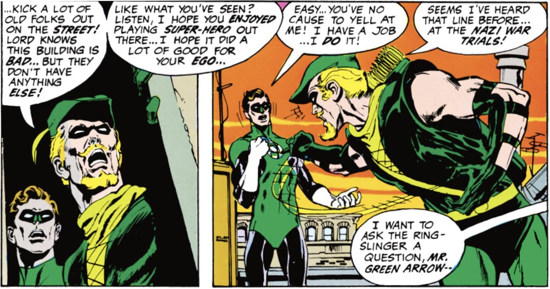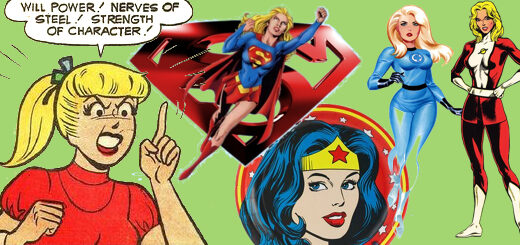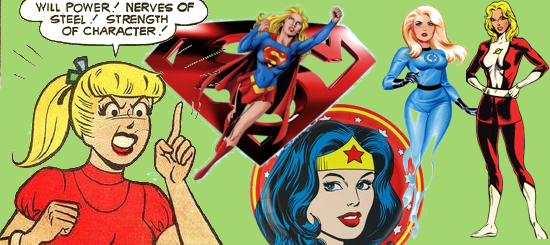Martha Thomases: “If You Have A Message…”
The events of the last several weeks, while horrible, raise several issues that affect us not only as citizens, but as creative people and fans of the popular arts.
How do we respond to racism and other forms of bigotry in our government. Do we cooperate and try to change the minds of the people in power? Do we quit and make a statement? Do we resist? Do we perform non-violent acts of civil disobedience and fill the jails?
In my life, I’ve advocated (and disagreed with) all of these things. Different times in my life, different circumstances, different perspectives. Therefore, I hesitate to call out people who make different choices than I do, as long as we share the goals of a fair and just, egalitarian, non-hateful non-violent society.
When the artists who were chosen for the Kennedy Center honors refused to attend a White House celebration hosted by a president they considered immoral, I was pleased. I was even more pleased to see the result of their resistance.
And I was also delighted by the clever way in which the Committee on the Arts and the Humanities resigned, with a hidden message for people who love puzzles.
Should people in the arts resist? Should we try to change people’s minds with art? Should we use art to share our points of view in the hopes of understanding each other?
Absolutely.
My mom’s favorite author as a child was E. Nesbit, and she turned me on to those books as soon as my reading level allowed. I loved the fantasy, but I also loved the insight into the lives of children like myself, but also not like myself. Nesbit was a Fabian Socialist, but none of her characters or their struggles pit the proletariat against the capitalists.
Later on, a librarian gave me A Wrinkle in Time, with a heroine as committed to social justice and compassion for all people as I wanted to be.
Neither of those authors was marketed as political propagandists. Both heavily influenced my political development.
(Also, decades later, reading a dedication to Nesbit in the front of The Books of Magic started my friendship with Neil Gaiman.)
We watched a fair amount of television in my house, all gathering around our only set on Sunday nights to watch Ed Sullivan. Even before the Beatles, I loved the show because of the stand-up comics. Often New York Jews, they sounded like my relatives, only smarter. And then there were guys like Dick Gregory, who didn’t start out political (at least to my child’s ears at the time) and then became radicalized and inspired me for the rest of my life. I will miss him and his Twitter feed.
In comics, I was knocked out by Denny O’Neil and Neal Adams’s brilliant Green Lantern/Green Arrow stories, which, unfortunately, are still much too relevant.
Not everyone reading this will share my passion for these stories and story-tellers. Some of them will quote Moss Hart and say, “If you have a message, call Western Union.” That’s an easy way to dismiss work you don’t like, or that makes you uncomfortable.
ComicMix is sending a message this fall, with Mine! A Comics Collection to Benefit Planned Parenthood. I’m really excited about this project. Not only do I have a story in it, illustrated by the brilliant Bob Camp, but the book shows how committed our community is to making healthcare available to all.
Looking around the Internet, I notice some people complaining about our book and Planned Parenthood, with the usual lies and distortions about the services it provides. I don’t know where they get their information, but I know this much is true: Planned Parenthood is often the only place where people of all ages and genders can get cancer screenings, STD tests and treatments. Especially in rural communities, there might be no place else to get a PAP test or a mammogram. It might be the only place to get pre-natal care.
If you haven’t pledged already, please consider donating whatever you can afford. We have some really cool stuff for perks, and the book looks to be awesome. I’m sure a first edition is a terrific investment.














